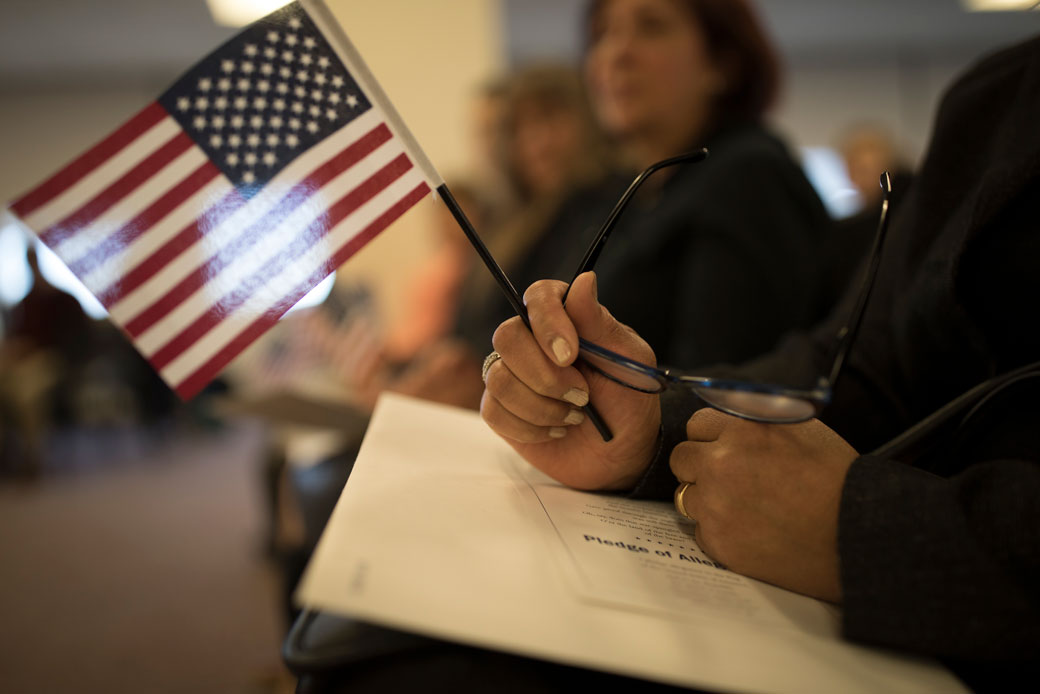President Trump’s aversion to the employment of undocumented immigrants is by now well-established. Nevertheless, the president is attempting to increase the penalties paid by employers who use undocumented workers.
The construction, agricultural and manufacturing industries have long had a reputation for relying on undocumented workers to fill out their labor forces. The reason is simple: undocumented workers cost less and legal workers are not available. The administration has repeated its vow to enforce strict penalties on employers who continue to use undocumented immigrants.
An example is the increased auditing of worker credentials by the Bureau of Immigration and Customs Enforcement. In 2017, ICE conducted 1,360 audits of employee I-9s and related paperwork; in 2018 the number of audits rose to 5,981. The increased auditing has focused on hospitality, agriculture, food processing, landscaping and construction industries.
ICE has also enforced its efforts by levying the heaviest fines in its history. The fine for a false I-9 can range from $230 to $2,292 per form. The I-9 form requires the employer to verify that the employee is legally eligible to work in the United States.
To some extent, the increased enforcement effort is running up against an undeniable economic reality: the lack of workers who have the skills necessary to fill the available jobs. Some employers have resorted to using H-2B visas for workers, but these visas are used mainly for seasonal workers and do not provide much relief for other industries.
Both workers and employers are facing a complex legal situation with no foreseeable outcome. The existing status quo may prevail until next year’s elections.



